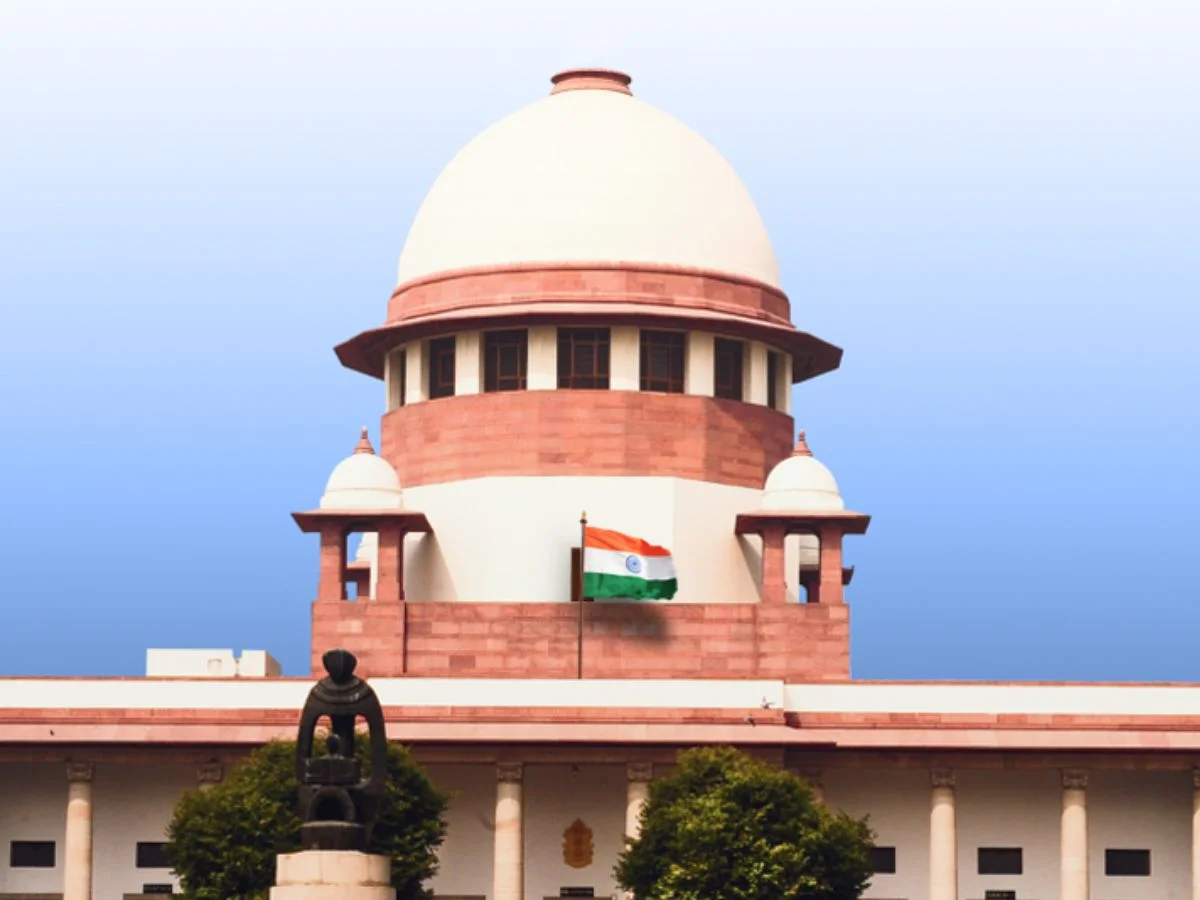

Supreme Court tenders temporary relief to owners of ‘end of life’ vehicles — Details!
- 1End of life vehicles were banned from getting fuel in July 2025
- 2The said ban was put on hold just days later, following public outrage
- 3The matter is to be reheard after four weeks
India’s top court has put a hold on any action against what the concerned authorities refer to as ‘end of life’ vehicles, which are essentially diesel vehicles older than 10 years and petrol vehicles older than 15 years in the Delhi-National Capital Region. Read ahead to know the latest updates around the Delhi fuel ban, end of life vehicles, and more.
Background: Delhi fuel ban

Following a National Green Tribunal’s 2015 order to ban diesel vehicles older than 10 years and petrol vehicles older than 15 years to be parked and plied on the streets of Delhi-NCR, which was further given a green light by the Supreme Court itself in 2018, a fuel ban was put on such vehicles earlier last month. Many owners of such vehicles saw refusal to refill, and even impounding of their cars and SUVs in order to be scrapped. You can read more about it here.
Also Read: Take A BackSeat — Why are child safety seats important?
Delhi Government’s letter to CAQM
In response to public outcry, the Government of Delhi wrote an application to the Commission for Air Quality Management (CAQM), asking for the fuel ban to be put on hold. It has cited issues such as technological gaps in the Automated Number Plate Recognition system, and a ‘need for holistic approach’ as reasons for this request. You can read more about it here.
Latest developments
The latest update regarding this arrangement involves the Supreme Court putting a temporary halt on any action against ‘end of life’ vehicles, until it re-hears the matter about four weeks from now. This comes in response to Delhi Government's plea requesting a revisit to the Court’s 2018 order.
Check This Out: Is it the end of the diesel era?
What’s next?

While there is still uncertainty around the treatment of such vehicles in the future, we might see a more sensible system wherein factors like the car’s actual pollution levels and kilometres driven would be used to determine if the car has reached its end of life, rather than solely deciding the same basis its age. We’ll keep you updated with all developments and actions.
To stay updated with all happenings and developments in the automotive world and be a part of interesting auto discussions and more, join our official AUTOVERSE Whatsapp community (click here to join).




















